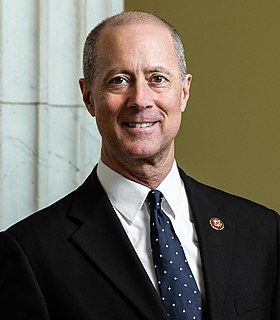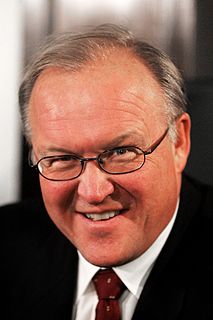A Quote by Sushma Swaraj
India and the U.S. stand together in upholding an international rules-based system that has benefited all nations.
Quote Topics
Related Quotes
Following World War II, the U.S. was the architect of the UN system, and the world financial system, and the Human Rights Declaration, and of course the United Nations is based here in New York City. But, unfortunately, especially in the last decade, the U.S. really has been turning its back on international agreements and the set of agencies and procedures that they create as a means for governing the world.
For in Asia and around the world, India is not simply emerging; India has already emerged. And it is my firm belief that the relationship between the United States and India - bound by our shared interests and values - will be one of the defining partnerships of the 21st century. This is the partnership I have come here to build. This is the vision that our nations can realise together.
In dealing with those nations that break rules and laws, I believe that we must develop alternatives to violence that are tough enough to actually change behavior -- for if we want a lasting peace, then the words of the international community must mean something. Those regimes that break the rules must be held accountable. Sanctions must exact a real price. Intransigence must be met with increased pressure -- and such pressure exists only when the world stands together as one.
Britain's place in the world is one uniquely suited to thriving in the complex new reality of global politics. We are a key anchor of a rules-based system in international affairs that many across the globe look to for stable and effective governance and leadership. We are a beacon that shines brightly the light of freedom and democracy.






























